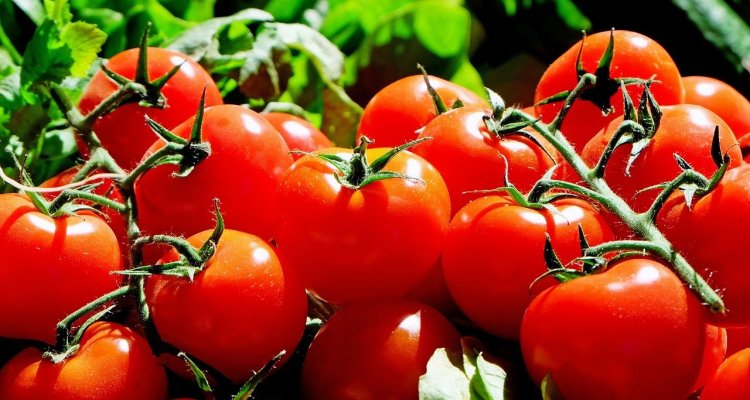
Growing tomatoes in vertical farms: the interaction between multiple environmental factors and their effect on plant physiology, yield and fruit quality
Vertical farming is an indoor crop production system that allows for precise control of the environment. One potential crop to be produced in vertical farms is tomato. However, high-wire tomatoes are not particularly suitable for multi-layered production systems. Dwarf tomatoes would be suitable, but current cultivars are lacking in taste and yield. New cultivars are needed that are adapted to grow in vertical farms, have high yield, short plant height, are suitable for machine harvests and have good fruit quality and taste. These traits are not only controlled by genetics, but are also altered by the environment. Therefore, this project focusses on the effects of environmental conditions in vertical farms on plant physiology, yield and fruit quality of newly created dwarf tomato cultivars. Already quite some knowledge is available about the effects of individual environmental factors, such as temperature, light intensity, light spectrum and nutrients on plant morphology, yield and fruit quality. However, not much research has been done on the interaction between multiple environmental factors, such as the interaction between blue light and EC.
This research is in collaboration with the University of Florida and the University of California, Riverside. They will provide us with new dwarf tomato cultivars, suitable for vertical farming.
Used skills
- Plant physiological measurements
- Measuring environmental conditions
- Photosynthesis measurements
- Data analysis
- Possibly fruit quality measurements
Interested in doing a BSc or MSc thesis at HPP? Please contact Katharina Hanika or Kim Vanderwolk via the HPP office (office.hpp@wur.nl).